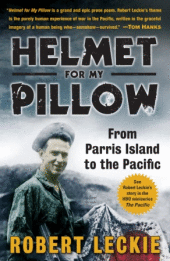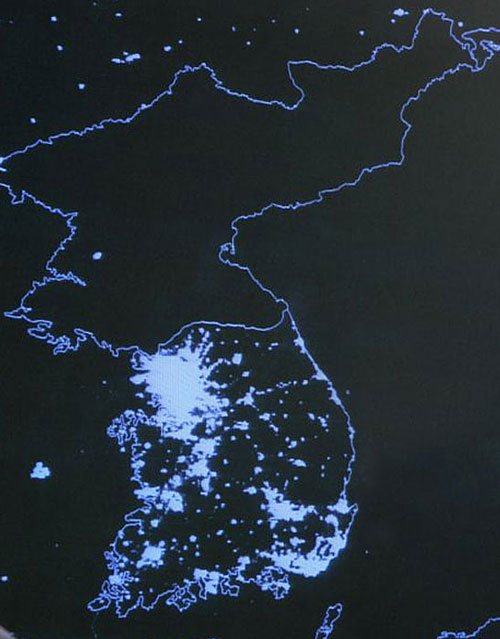Most contemporary worship songs are sugary love songs–I adore God, and God adores me. That pretty much sums up every “worship” song I hear anymore. It’s all above love, love, love.
I’ve always liked Lovesong’s simple “Two Hands” song: “With one hand reach out to Jesus, and with the other, bring a friend.” But according to the songs we sing, we’ve decided only the first hand is really important. Our singing is all vertical (from us to God and back), without the horizontal (us to others).
I’ve heard others complain that today’s worship songs are, to be sexist, girly songs. All of these love themes lack testosterone. Where are today’s “Onward Christian Soldiers,” “Stand Up for Jesus,” “Soldiers of Christ Arise,” “The Banner of the Cross,” and “I am Resolved”–songs a guy with hair on his chest can sing?
Worship songs rarely, if ever, talk about:
- God’s judgment on nonbelievers.
- Going into the world.
- Giving up anything (beyond the nebulous “my all”).
- Ministering to the downtrodden.
- Experiencing trials and tribulations.
- Holy living.
- Suffering for Christ.
- What Christ suffered for us.
“Sin” seems to be missing from worship songs. We lack a “Whiter than Snow” to talk about holy living. Remember the old hymn, “Yield Not to Temptation”? You won’t find, in contemporary music, lyrics that spell out truths like this:
Yield not to temptation, for yielding is sin,
Each victory will help you, some other to win.
Fight manfully onward, dark passions subdue,
Look ever to Jesus, He’ll carry you through.
And what about reaching the world? In our obsession with the vertical, we rarely sing about the Great Commission. Who is writing the next “We’ve a Story to Tell to the Nations,” “I’ll Go Where You Want Me to Go”, or “Bring Them In”? Would Chris Tomlin ever write a song like “Rescue the Perishing”? Or would the fact that people are perishing be too much of a downer, too unworshipful?
As a keyboardist in a worship band, I do my share of grumbling about hymns–how they’re difficult to play, don’t communicate well with people today, and the lyrics mangle sentence structure in order to rhyme. I think a lot of great music is being written today. A LOT. It’s just too limited subject-wise.
While I don’t like playing most hymns (some I LOVE), I admire the themes you find in a hymnal. They cover the gamut of what the Christian life is about. Sure, you’ll find some lovey-dovey hymns, spiritual pablum, but there’s so much more, too.
But contemporary Christians just don’t feel they are “worshiping” if they are singing about people going to hell, or conquering sin, or sacrificing for other people, or the hardships of the Christian life. Because, in our thinking, “It’s all about God and me and how happy I will be.”
(BTW, I’ve ranted about this stuff before here, here, and here.)


 I’ve been reading World War 2 books since fifth grade, when I read William Shirer’s “The Rise and Fall of Adolf Hitler,” a book that, truthfully, was lost on me at that age.
I’ve been reading World War 2 books since fifth grade, when I read William Shirer’s “The Rise and Fall of Adolf Hitler,” a book that, truthfully, was lost on me at that age.
 I remember reading a book about the Bataan Death March back in high school. I was astounded by the cruelty of the Japanese. But “Tears in the Darkness: The Story of the Bataan Death March and Its Aftermath,” published in 2009, takes the horror much further. The Japanese committed terrible atrocities in the Philippines, and that underscores our benevolence as conquerors in rebuilding Japan. We are good people. The Japanese, back then, were decidedly not.
I remember reading a book about the Bataan Death March back in high school. I was astounded by the cruelty of the Japanese. But “Tears in the Darkness: The Story of the Bataan Death March and Its Aftermath,” published in 2009, takes the horror much further. The Japanese committed terrible atrocities in the Philippines, and that underscores our benevolence as conquerors in rebuilding Japan. We are good people. The Japanese, back then, were decidedly not. I previously
I previously 


